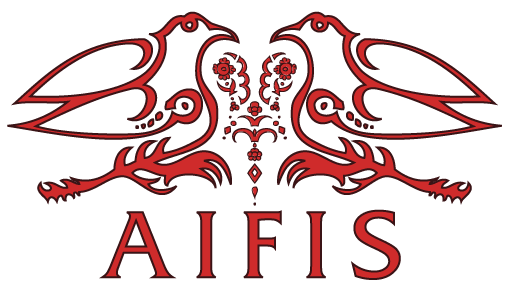Special Issue Theme: Decolonizing the Tropics
This special issue aligns itself with the fields of decolonial, anti-colonial, and postcolonial scholarship, and thinks these theories through the critical notion of tropicality. The aim is to rearticulate these fields in tropical terms, that is, with scholarly, applied/engaged, and creative practices from, about, and with the tropical world. This focus is crucial given that current scholarship in postcolonialism and decoloniality still predominantly originates from European/temperate contexts and is primarily informed by Western philosophies and epistemologies. In order to decolonize this status quo, the special issue recognizes not only that colonial systems have profoundly impacted the tropics, but also that neo-colonial power remains an active material reality. This special issue welcomes papers informed by decolonizing intuitions and from scholars of/from formerly and ongoingly colonized regions of the tropics.
Decolonizing the Tropics seeks disciplinary contributions from:
Ecocriticism, Multispecies Studies, Environmental Humanities
Anthropology, Heritage and Material Studies, Archaeology
Post/colonialism and Decoloniality Studies
Queer, Gender, and Sexuality Studies
Indigeneity and Indigenous Studies
Performance and Cinema Studies
History and Philosophy of Science
Science and Technology Studies
Architecture and Urban Planning
Feminist and Cultural Studies
Gothic and Horror Studies
This special issue centers on three major themes: theoretical engagements with postcolonialism and decolonialization; new vocabularies and vernaculars through which discourses on decoloniality can be initiated; and varieties of practices across disciplinary fields which demonstrate what decolonial tropicality may be – including its entanglement with people, ecology and climate.
We accept writings in disciplinary genres (the scholarly and the creative), and encourage hybrid forms. We also seek submissions engaging material elements—photographs, videos, art, music, theatre, cinema.
CFP Decolonizing the Tropics
This CFP is open to interdisciplinary and transdisciplinary intertwinings, as well as new perspectives on established disciplinary approaches. It invites papers that consider Decolonization of the Tropics through: science and literatures, histories and futures, realities and fictions, mythologies and technologies, knowledges and practices. It invites a wide range of articles and creative works from researchers who engage with the tropical regions of the world: tropical Africa, the Caribbean, Latin America, the Indian Ocean Islands, South Asia, East Asia, Southeast Asia, the tropical north of Australia, Papua and the Pacific Ocean Islands, Hawai’i and the American South.
eTropic: electronic journal of studies in the tropics publishes new research from Arts, Humanities, Social Sciences and allied fields on the variety and interrelatedness of nature, culture, and society in the Tropics. ISSN:1448-2940, free open access; indexed in Scopus, Google Scholar, Ulrich's, DOAJ; archived in Pandora, Sherpa/Romeo; uses DOIs and Crossref; ranked Scimago Q1.
INSTRUCTIONS FOR AUTHORS
Submissions close 30 March 2023 (full paper)
Publication date: June 2023
Research article submissions should be about 6000-8000 words
Literary, creative works and photographic essays about 4000 words
Article Titles should be concise and clear (maximum 2 lines)
Include a 100-200-word abstract of the article or creative work + 5 keywords
Provide a 100-word biographical note for each author (on separate sheet)
Strongly follow APA (edition 7) for in-text citations and reference list
Contributions should be submitted as a Microsoft Word file
Submissions must conform to and be submitted on the eTropic Style Sheet & Layout
All images must be used with permission and referenced
Submissions should be uploaded to eTropic online journal site
Papers undergo a preliminary review to determine if they meet the criteria of the Special Issue
Suitable papers will be double-blind peer reviewed
If extensive editing is required the author will be notified regarding Professional Copyediting
Authors should browse eTropic articles to make sure they are familiar with the journal’s multidisciplinary scope and style
For enquiries, or to pitch your ideas or abstracts, email the Editor: anita.lundberg@gmail.com













